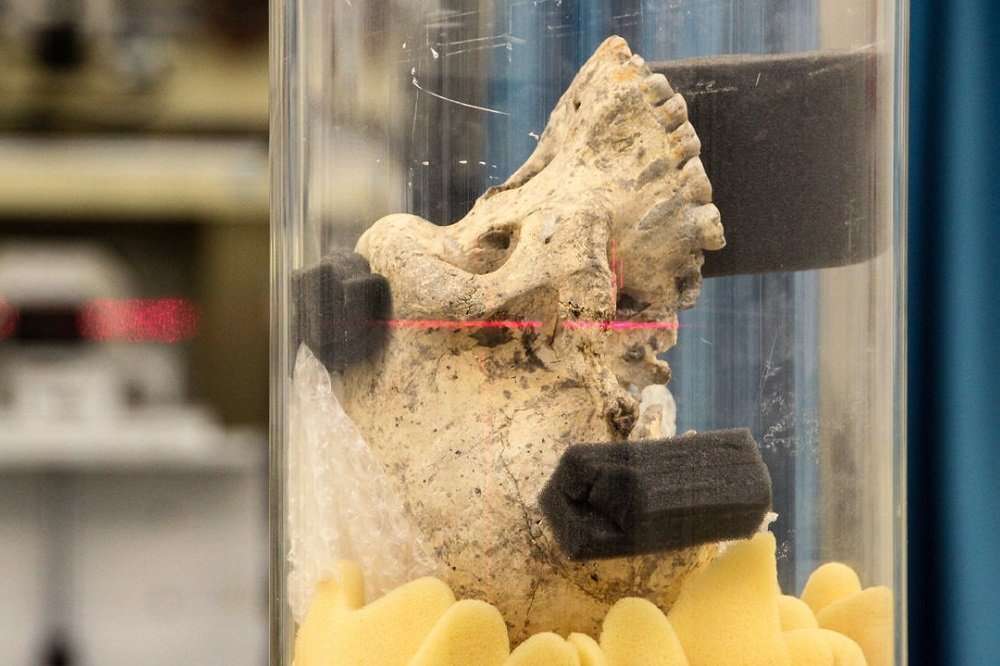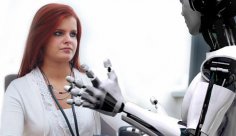The latest research Marcia Ponce de Leon, an anthropologist at the University of Zurich, could revolutionize science – according to her study, man has developed a sophisticated language and advanced in the manufacture of tools for hundreds of thousands of years later than previously thought. And much later than when he left the Black Continent. It`s new theory of human evolution.

Musk company wants to bring back dinosaurs and create new animals
The scientist, using the latest technology, scanned replicas of the lower parts of the brain membranes of four male and one female Homo erectus that were found in the 1990s in Georgia (the so-called Dmanis hominids; thought to be the first humans to leave Africa between 1.85 and 1.77 million years ago). Then, in simple terms, she compared the inner surfaces of their skulls and modern humans. The coronal suture and precentral sulcus were of particular interest to the researcher. In most modern humans, these are shifted to give more space to the frontal lobes (including the one that is actively involved in speech), Science reports.
The structure of those brains, however, rather resembled that of modern great apes and australopithecines. Since this area is crucial for speech and the creation of complex tools, we can say that the early representatives of this genus did not have such abilities.
The researchers then applied the same methods to the endocasts of 34 other Homo fossils of different species. It turned out that fossils younger than a million and a half years were often already similar to modern skulls. In all likelihood, this was the moment of qualitative transition.
– As we understand it, that’s when humans developed a protolanguage, which contributed to the dramatic human evolution of these brain structures,” says Ponce de Leon.
However, some researchers are skeptical about the interpretations of the findings. In their view, changes in physiology do not guarantee a single-moment intellectual change. But now scientists understand the direction in which to work further. Studying and comparing hundreds of other samples will help tell exactly whether there really is such a pattern.




